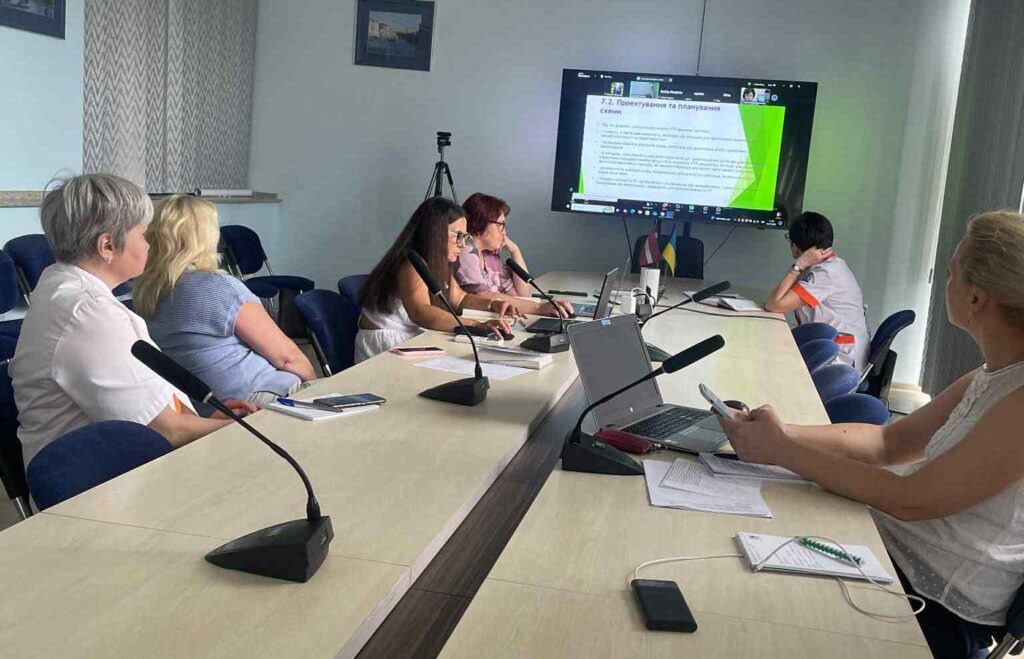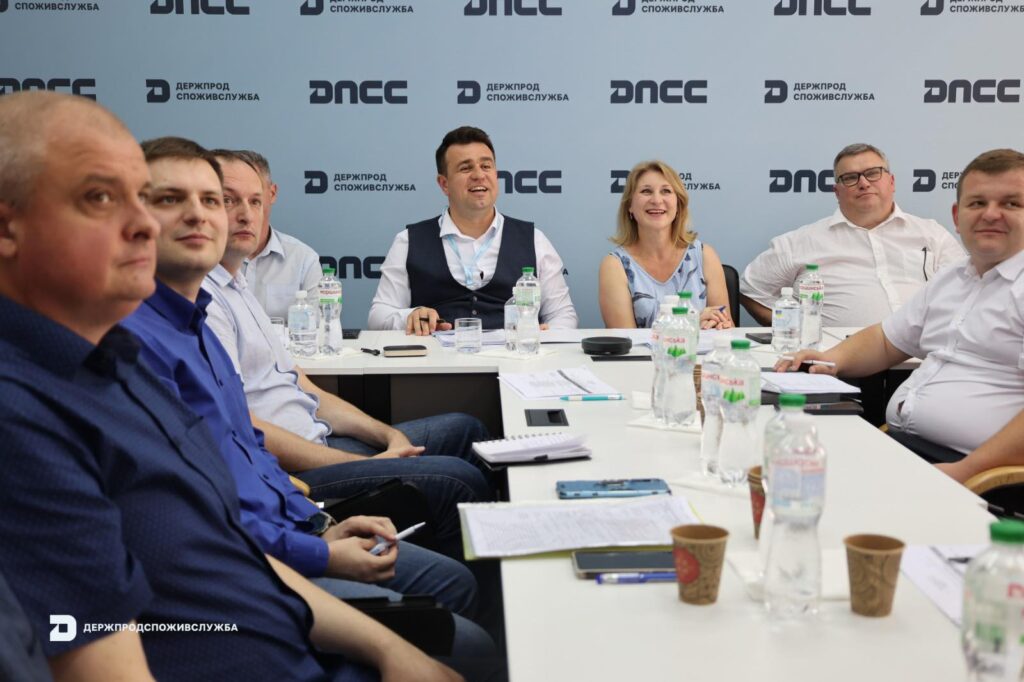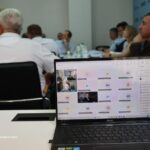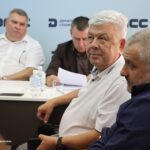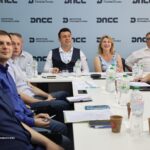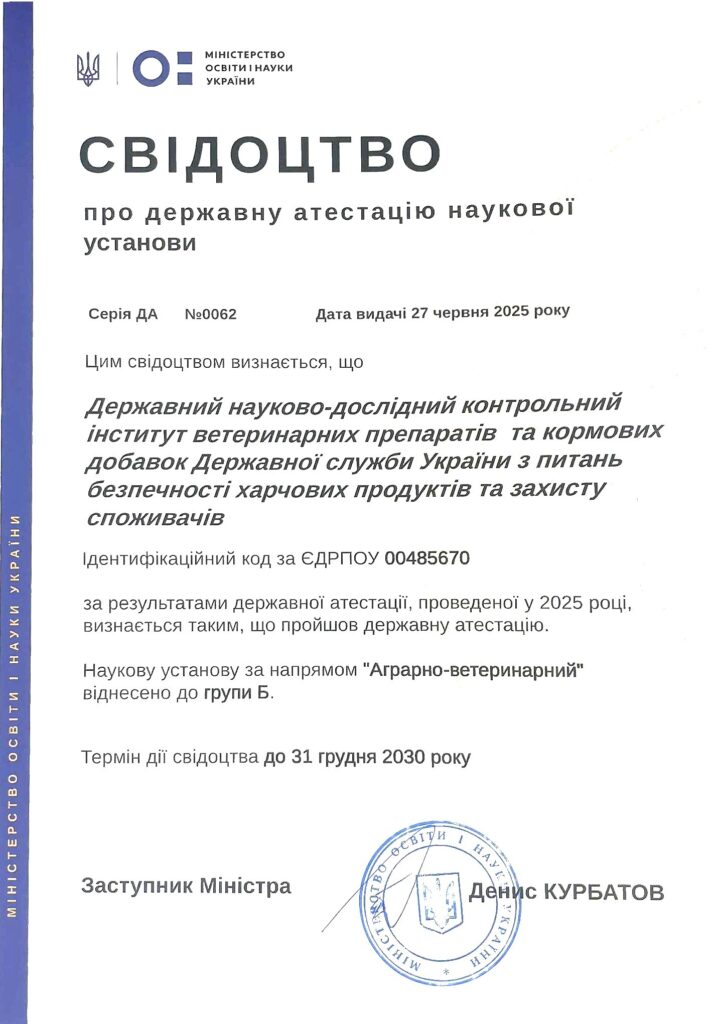
Great news from the life of our Institute!
We have successfully passed the state attestation and officially confirmed our status as a scientific institution in the “Agro-Veterinary” field.
This recognition reflects the state’s trust in our professionalism, the high quality of our scientific research, and our compliance with national standards in the agricultural and veterinary sciences.
Behind this certificate are years of learning, thousands of studies, and the combined efforts of researchers, management, and technical specialists.
We deeply value everyone who contributed to this shared achievement — confidently, consistently, and with dedication.
State recognition is more than just a formality — above all, it’s about trust.
It confirms that our Institute has the knowledge, the potential, and the highly qualified professionals to move forward.
We sincerely thank everyone who stands with us.
We are proud of what we do — and grateful to have the opportunity to do it professionally and with inspiration.
Let’s keep going — with trust, expertise, and belief in our mission

